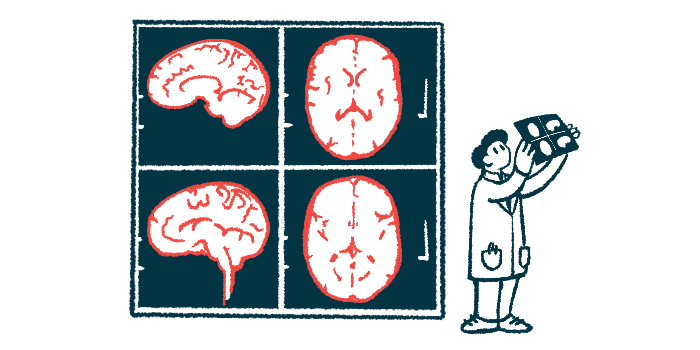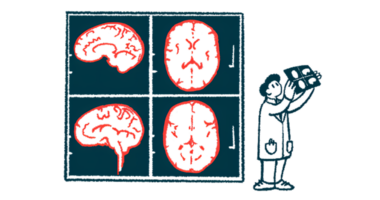FDA clears BrainSpec’s tool to measure metabolites on brain scans
Platform measures brain metabolites to create a 'virtual biopsy' for clinicians

The U.S. Food and Drug Administration (FDA) has cleared BrainSpec Core, a platform that performs non-invasive measurements of brain chemistry, for use in diagnosing some of the most common diseases that affect the brain, including multiple sclerosis (MS).
Developed by BrainSpec, the platform uses magnetic resonance spectroscopy (MRS) to measure the levels of brain metabolites, which are products of metabolism made during cellular activities, and create a “virtual biopsy” of the brain.
It is a user-friendly web-based platform designed to make MRS technology accessible to both clinicians and researchers, via a cloud-based system.
“We are thrilled to be given this full clearance by the FDA,” Alex Zimmerman, BrainSpec’s CEO and co-founder, said in a company press release. “It signals a new era of software enhancements that will not only complement but also speed up the complicated and lengthy process of diagnosis.”
MRI standard method for diagnosing, monitoring MS
MS occurs when the immune system mistakenly attacks the myelin sheath, a fatty protective coating around nerve fibers that helps them send signals more efficiently.
Imaging the brain using MRI is a standard method for diagnosing and monitoring the progression of MS, allowing doctors to detect lesions, or areas of inflammation and/or nerve damage, as well as changes in brain volume. However, more subtle changes in the brain are generally not detected with MRI.
MRS is a related imaging technique that is usually done using standard MRI equipment, but enables the detection of certain metabolites in the brain at concentrations 10,000 times lower than conventional MRI scans. Changes in these metabolites sometimes occur in regions that appear normal on MRI, so MRS allows physicians to detect additional regions where disease-related processes are taking place.
BrainSpec Core is a comprehensive software and artificial intelligence (AI) platform designed to make MRS technology clinically accessible. The software measures the levels of brain metabolites, creating multidimensional data that is then analyzed by powerful AI models. The goal is to make interpreting MRS data as simple as a blood test.
“There are several key advantages of this AI solution that have important clinical relevance,” said Raymond Y. Huang, MD, PhD, neuroradiology division chief at Brigham and Women’s Hospital.
Tool can help assess changes in brain, with quick turnaround time for results
“It provides quantitative neurometabolite measurements that can be used to aid in monitoring changes [in the brain, and] it automates the delivery of the MR spectroscopy results, reducing turn-around time from days to minutes which is critical for the clinical care of patients,” he said.
This is the first software using a brain chemistry database approved by the FDA, according to BrainSpec. It is meant to help clinicians support the diagnosis of MS and other brain disorders, including Alzheimer’s disease, epilepsy, traumatic brain injury, and brain tumors. The database may also be used in research.
The platform produces clinical information and reduces the processing time per patient, leading to lower costs, and adding it to clinical care can lead to an estimated $98,000 reduction in healthcare cost per patient over five years, compared with current methods alone, the company stated.
“Our aim is not to replace the critical role of physicians but to augment their expertise with invaluable information previously unavailable,” Zimmerman said. “We believe that by equipping healthcare professionals with cutting-edge tools, we can empower them to make more informed and precise treatment decisions, ultimately leading to improved patient care.”







